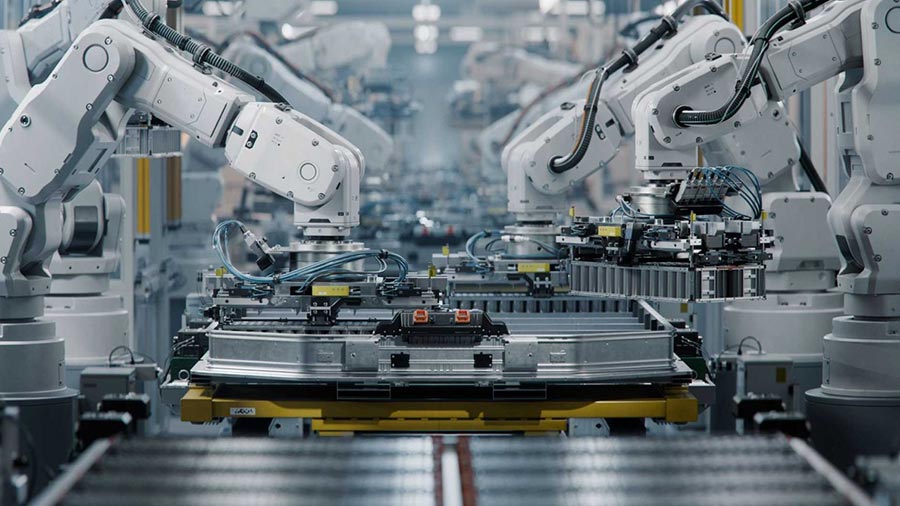China’s Tax Incentives for High-Tech Enterprises
Aug. 8 – While many of China’s key tax incentives dried up with the Corporate Income Tax (CIT) Reform in 2008, the government still offers various tax incentives to promote sectors deemed beneficial to the development of the country’s economy. The technology sector, for instance, is one area that China is keen to promote and, as a result, qualifying enterprises can benefit from preferential tax rates.
Technology-Related Incentives
If a taxpayer qualifies as a high-tech enterprise, a reduced CIT rate of 15 percent applies. The criteria for a qualified high-tech enterprise include:
- The enterprise possesses core intellectual property rights in China;
- The products (services) offered by the enterprises fall under the scope of high-tech fields supported by the state;
- The ratio of the number of technical staff to total number of staff is at least 30 percent, and the total number of staff engaged in R&D to total number of staff is at least 10 percent;
- The ratio of R&D expenses against total income is not below 6 percent if the latest annual income is less than RMB50 million, not below 4 percent if the latest annual income is between RMB50 million and RMB200 million, and not below 3 percent if the latest annual income is greater than RMB200 million;
- At least 60 percent of the total R&D expenses is incurred in China; and
- The ratio of income from high-tech related operations against total income is not lower than 60 percent.
The assessment of a high-tech enterprise is conducted by the Ministry of Science and Technology, the Ministry of Finance and the State Administration of Taxation based on the relevant regulations.
In addition, income derived from a qualified technology transfer not exceeding RMB5 million annually is exempt from CIT. For the portion exceeding RMB5 million, half-reduced CIT is levied. In an effort to encourage innovative development, companies that expend on R&D can also claim a 50 percent CIT super deduction.
Qualified software enterprises and integrated circuit manufacturing enterprises are eligible for tax exemption in the first two years and tax reduction by half in the next three years, starting from the first profit-making year. Certain qualified IC manufacturing enterprises may also be eligible for five-year exemption and five-year half reduction.
Dezan Shira & Associates is a specialist foreign direct investment practice, providing corporate establishment, business advisory, tax advisory and compliance, accounting, payroll, due diligence and financial review services to multinationals investing in emerging Asia. Since its establishment in 1992, the firm has grown into one of Asia’s most versatile full-service consultancies with operational offices across China, Hong Kong, India, Singapore and Vietnam as well as liaison offices in Italy and the United States.
For further details or to contact the firm, please email china@dezshira.com, visit www.dezshira.com, or download the company brochure.
You can stay up to date with the latest business and investment trends across China by subscribing to Asia Briefing’s complimentary update service featuring news, commentary, guides, and multimedia resources.
Related Reading
 The China Tax Guide: Tax, Accounting and Audit (Sixth Edition)
The China Tax Guide: Tax, Accounting and Audit (Sixth Edition)
This edition of the China Tax Guide, updated for 2013, offers a comprehensive overview of the major taxes foreign investors are likely to encounter when establishing or operating a business in China, as well as other tax-relevant obligations. This concise, detailed, yet pragmatic guide is ideal for CFOs, compliance officers and heads of accounting who need to be able to navigate the complex tax and accounting landscape in China in order to effectively manage and strategically plan their China operations.
 An Introduction to Development Zones Across Asia
An Introduction to Development Zones Across Asia
In this issue of Asia Briefing Magazine, we break down the various types of development zones available in China, India and Vietnam specifically, as well as their key characteristics and leading advantages.
- Previous Article China’s SAT Clarifies Issues Regarding Vehicle and Vessel Tax Collection
- Next Article China’s E-Commerce Legislative and Regulatory Framework



























